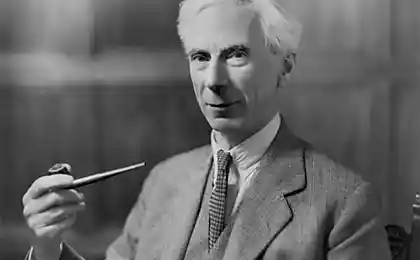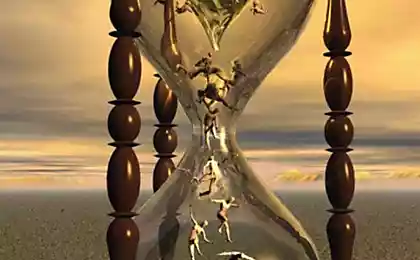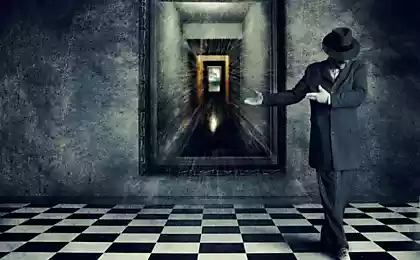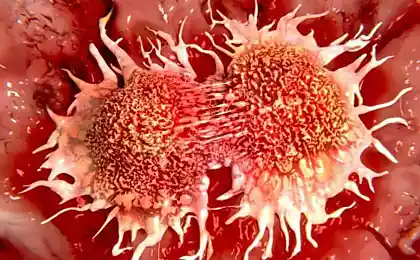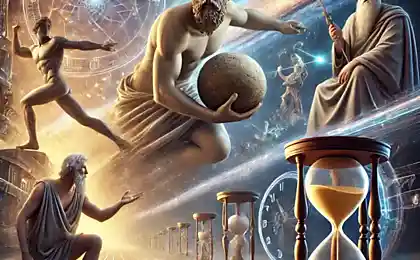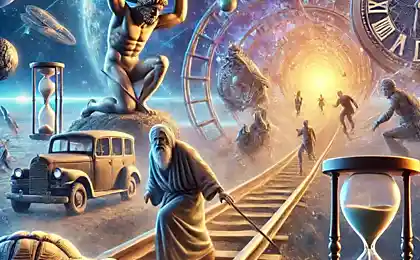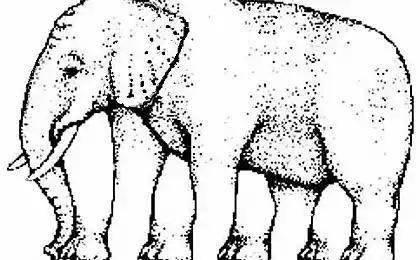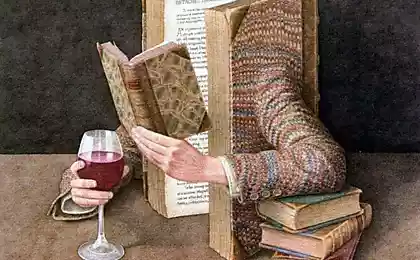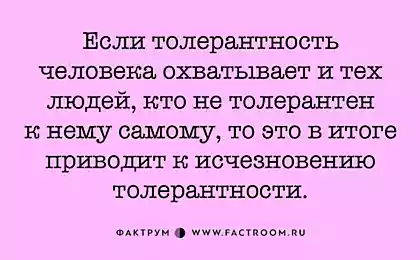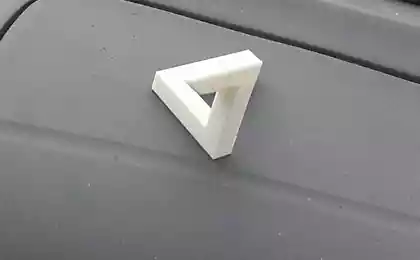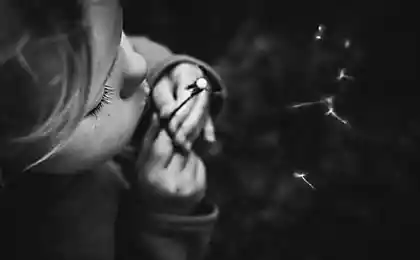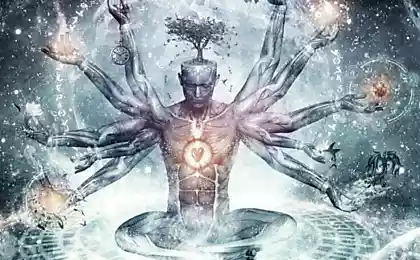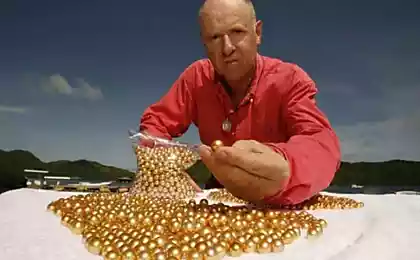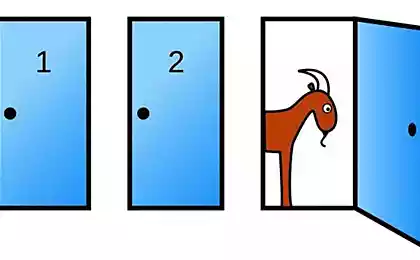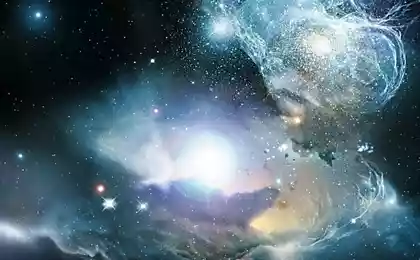263
Paradoxes are the pearls of the human mind
A paradox is defined as a situation (or statement) that can exist in reality but has no logical explanation. Humanity carefully collects such pearls, so that from time to time to practice deep thinking and eloquence, trying to solve them.
Throughout the history of such pearls accumulated quite a lot, but some of them invariably cause people to want to go down in history, offering the world its own brilliant explanation. We invite the reader to reflect on the most interesting of these paradoxes.
The crocodile who stole the child promised to return it to his father if he correctly guessed what the crocodile would do. What should the crocodile say if the child’s father correctly guesses that the child will not be returned?
The paradox of Socrates, “I know that I know nothing.”
If you remove one grain of sand from a handful, you will still have a handful of sand. Keep removing one grain of sand and at some point the handful will disappear. Can a single grain of sand tell the difference between a handful of sand and its absence? ?
The Liar Paradox This statement is a lie”. If this statement is true, then, from its content, it is true that the statement is a lie; but if it is a lie, then what it claims is wrong; then it is false, and therefore the statement is true. Thus, the chain of reasoning returns to the beginning.
Suppose someone describes the adjectives “autologous” and “heterologous” as follows:
1. An adjective is called autological (or sometimes homologous) if and only if it describes itself. For example, the adjective “Russian” is itself Russian, “multisyllable” is multisyllable, and “five-syllable” is five-syllable.
2. An adjective is called heterologous if it does not describe itself. For example, the adjective “long” does not describe itself, as the word is not long. The same applies to the adjectives “unwritten” or “unsyllable”.
Is the adjective "heterologous" (i.e., not self-descriptive) heterologous?
The paradox of omnipotence: “If a being can do absolutely everything, then it must be able to think up a task that it cannot accomplish; thus it cannot accomplish any task.” On the other hand, if the creature cannot think of an impossible task for itself, then there is still something that it cannot do. ?
It is quite logical to say that you can replace any part of the hull or equipment of the ship, and the ship will remain the same ship Theseus. Then you can replace all the components of the ship gradually, one by one, new, and still it will be the same ship. What if, of all the original parts of the ship that were replaced by new ones, a whole ship were assembled, which of the two ships produced would be the same ship as Theseus?
The paradox of chicken or egg? " Which came first, the chicken or the egg? ?
source:mixstuff.ru
Source: /users/1077
Throughout the history of such pearls accumulated quite a lot, but some of them invariably cause people to want to go down in history, offering the world its own brilliant explanation. We invite the reader to reflect on the most interesting of these paradoxes.
The crocodile who stole the child promised to return it to his father if he correctly guessed what the crocodile would do. What should the crocodile say if the child’s father correctly guesses that the child will not be returned?
The paradox of Socrates, “I know that I know nothing.”
If you remove one grain of sand from a handful, you will still have a handful of sand. Keep removing one grain of sand and at some point the handful will disappear. Can a single grain of sand tell the difference between a handful of sand and its absence? ?
The Liar Paradox This statement is a lie”. If this statement is true, then, from its content, it is true that the statement is a lie; but if it is a lie, then what it claims is wrong; then it is false, and therefore the statement is true. Thus, the chain of reasoning returns to the beginning.
Suppose someone describes the adjectives “autologous” and “heterologous” as follows:
1. An adjective is called autological (or sometimes homologous) if and only if it describes itself. For example, the adjective “Russian” is itself Russian, “multisyllable” is multisyllable, and “five-syllable” is five-syllable.
2. An adjective is called heterologous if it does not describe itself. For example, the adjective “long” does not describe itself, as the word is not long. The same applies to the adjectives “unwritten” or “unsyllable”.
Is the adjective "heterologous" (i.e., not self-descriptive) heterologous?
The paradox of omnipotence: “If a being can do absolutely everything, then it must be able to think up a task that it cannot accomplish; thus it cannot accomplish any task.” On the other hand, if the creature cannot think of an impossible task for itself, then there is still something that it cannot do. ?
It is quite logical to say that you can replace any part of the hull or equipment of the ship, and the ship will remain the same ship Theseus. Then you can replace all the components of the ship gradually, one by one, new, and still it will be the same ship. What if, of all the original parts of the ship that were replaced by new ones, a whole ship were assembled, which of the two ships produced would be the same ship as Theseus?
The paradox of chicken or egg? " Which came first, the chicken or the egg? ?
source:mixstuff.ru
Source: /users/1077
Eastern diet
In the Arctic found the wreckage of the missing 170 years ago of the ship of the Franklin expedition

